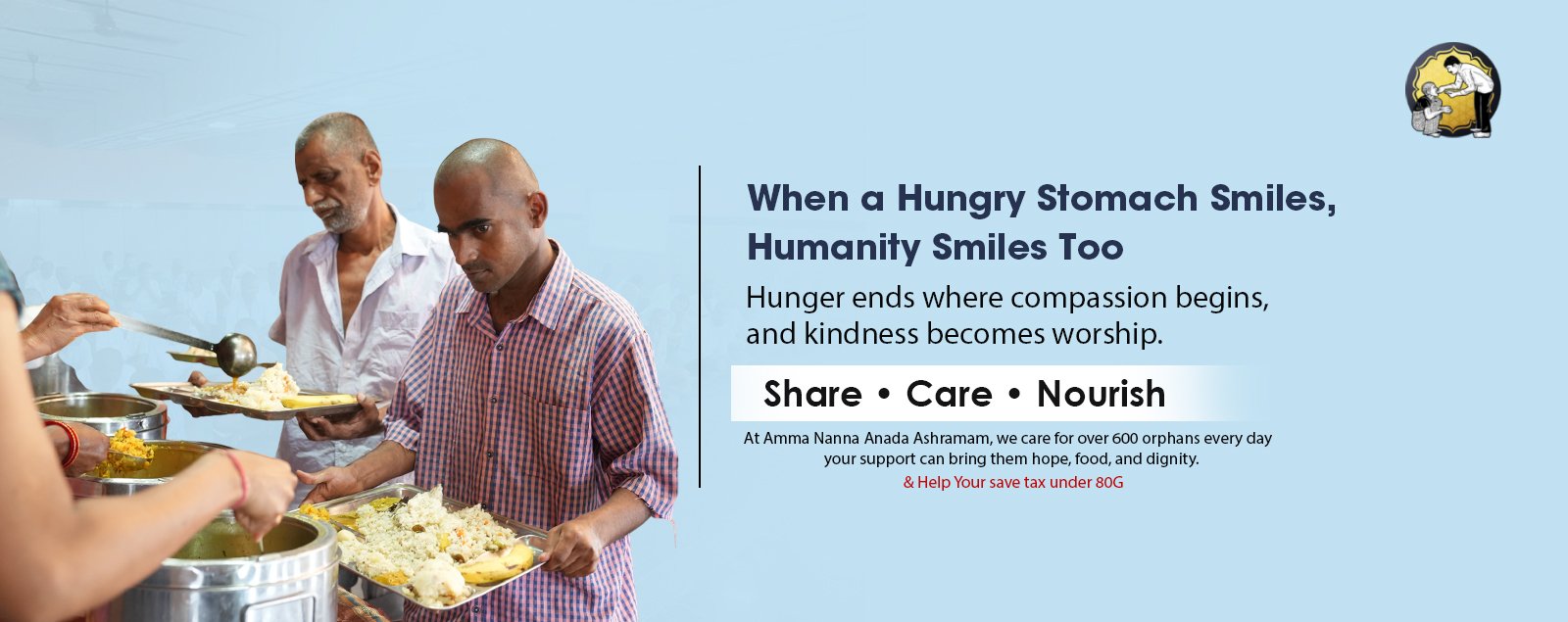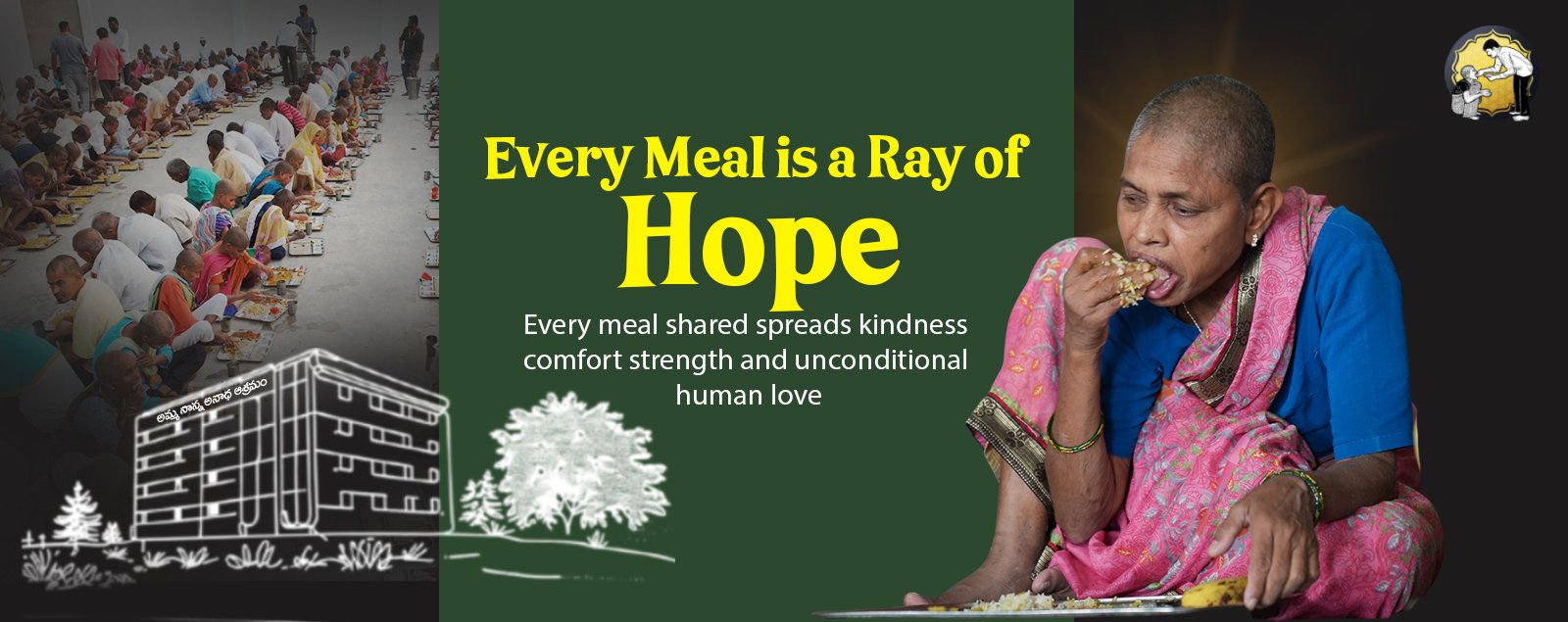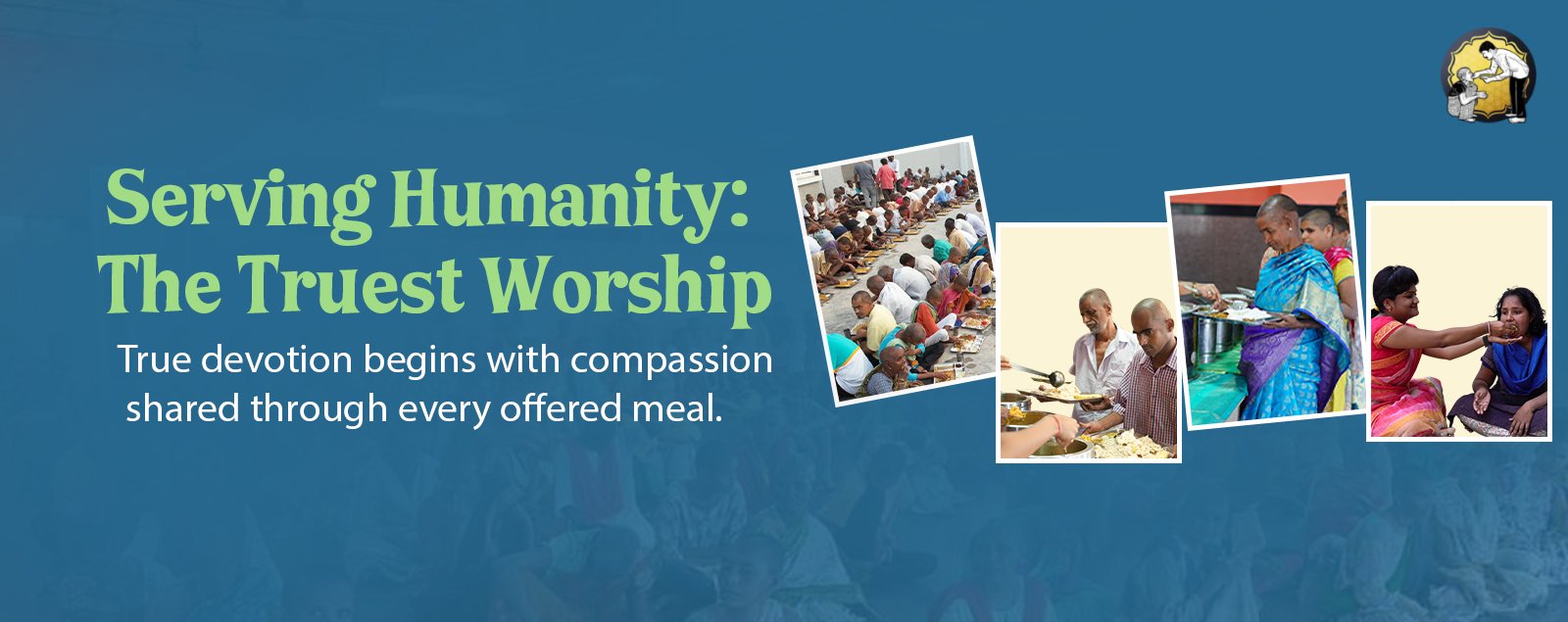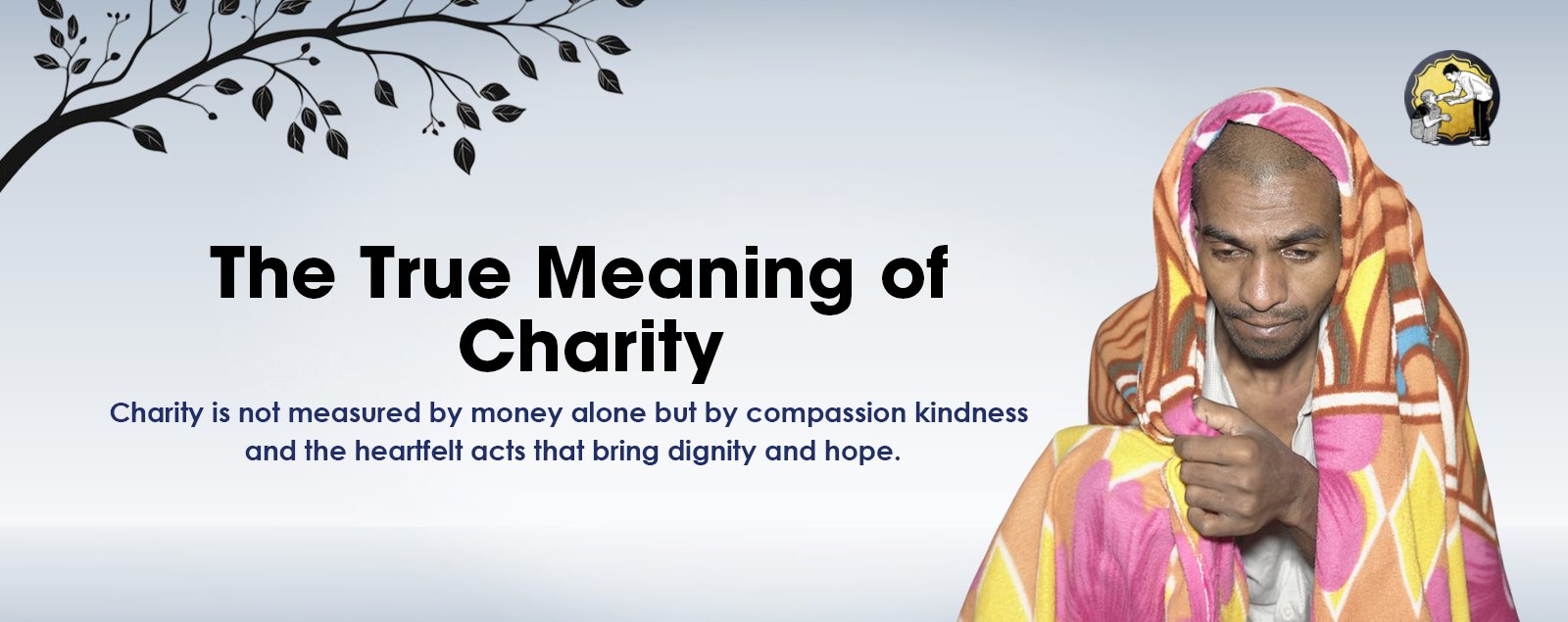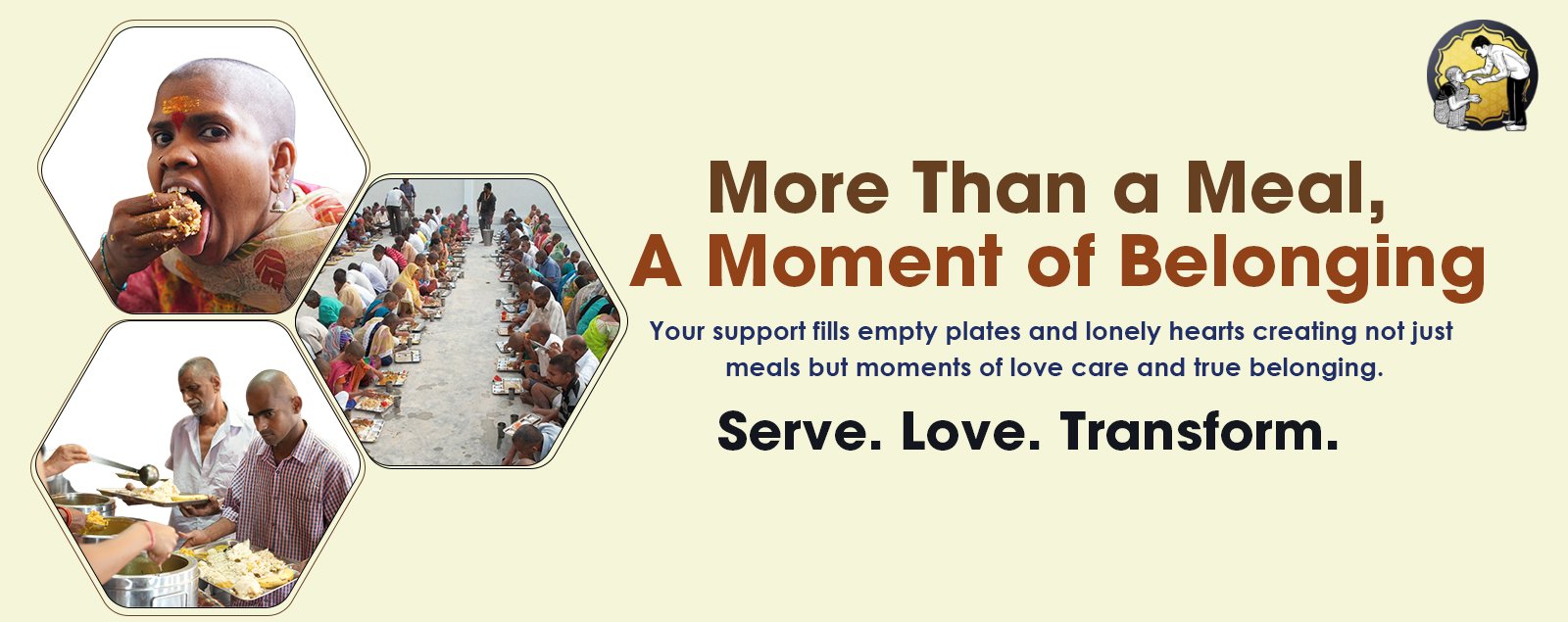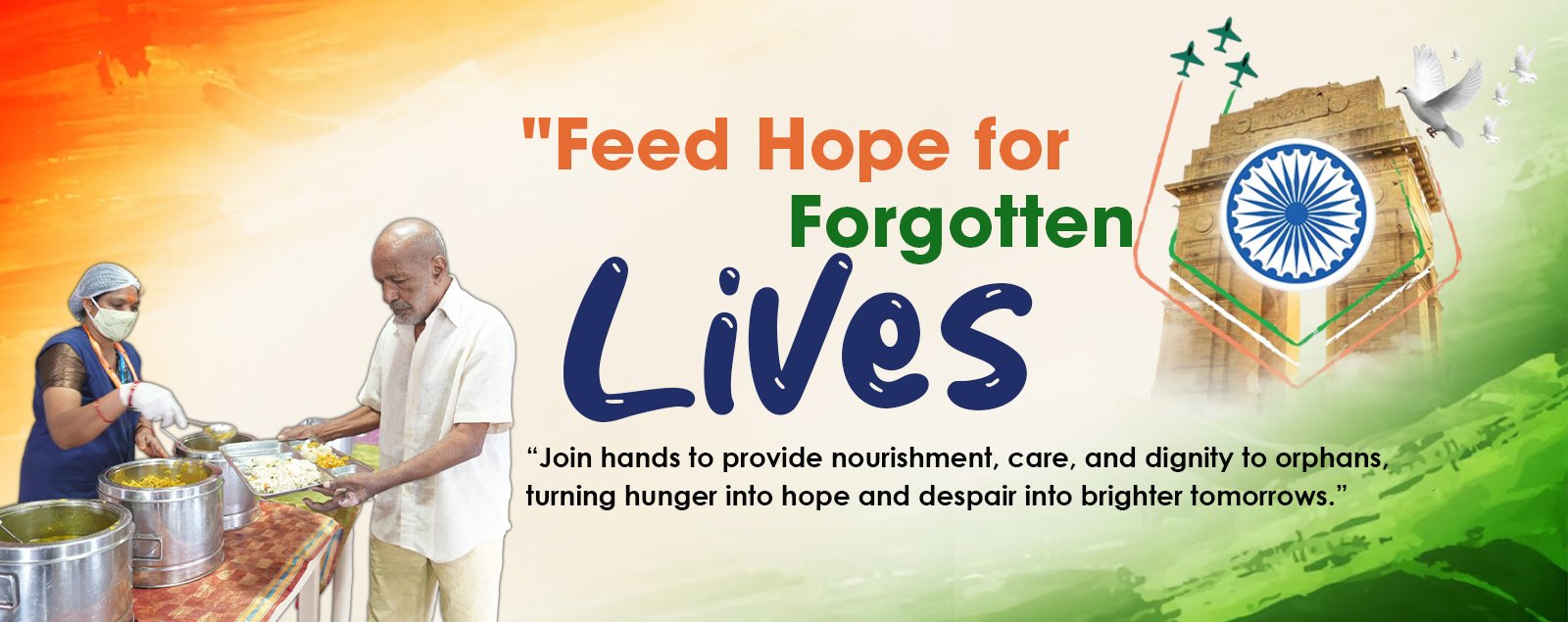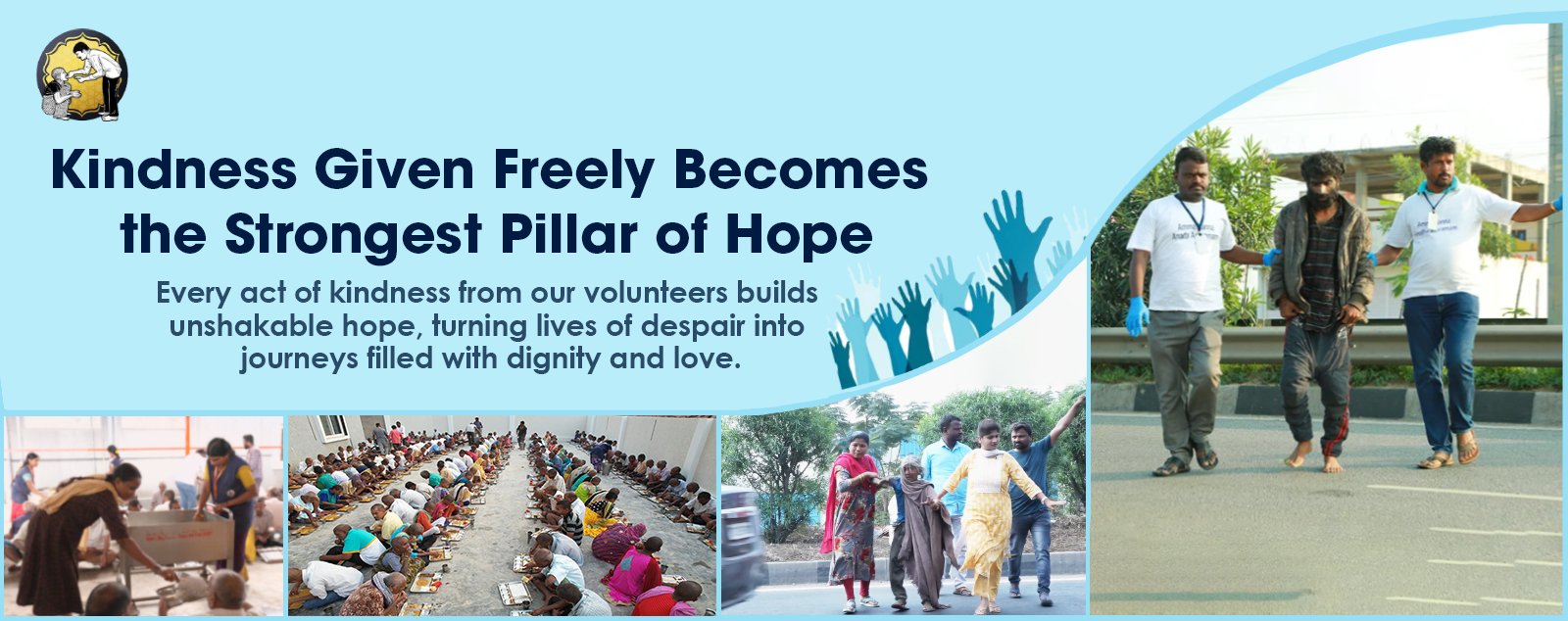- News
- News Blog

These are the factors that cause someone to become a beggar
Let’s stop judging and start understanding them
Introduction:
On every busy street corner, outside temples, under bridges, and at traffic signals, we encounter people begging. Some hold placards, others stretch out a hand in silence. We are often told not to give money. Some assume they’re pretending. Others feel pity and move on. But have we ever paused to ask — what leads a person to this state? What turns a human being into a beggar?
Begging is not a lifestyle. It is almost always a last resort, a consequence of a system that has failed someone completely. In this blog, we uncover the underlying factors that push individuals into begging, not to pass judgment or offer charity — but to spark awareness, empathy, and change.
1. Poverty: The Unforgiving Foundation
Poverty is the harsh soil in which begging often grows. In regions where millions live without access to basic needs — food, clean water, shelter, and clothing — individuals are pushed into desperate choices. When someone cannot afford to feed their family or themselves for days, asking strangers for help on the street becomes the only option left.
In developing countries like India, the rural poor often migrate to cities in search of work, only to find themselves lost in overcrowded slums, living in conditions barely fit for survival. With no steady income, begging becomes the difference between starvation and a meal. This is not laziness — it’s economic despair.
2. Mental Illness: The Invisible Enemy
One of the most overlooked yet significant causes of begging is untreated mental illness. Disorders such as schizophrenia, bipolar disorder, severe depression, or dementia often go undiagnosed, especially in rural or impoverished areas. Families may not understand the illness, feel shame, or lack the resources to care for someone with psychiatric issues.
Many are simply abandoned, wandering from place to place, unable to communicate clearly or function within the norms of society. They are stigmatized, feared, and forgotten — left to sleep on pavements, eat from garbage bins, and beg for survival. Without access to mental healthcare, these individuals are trapped in a cruel cycle they did not choose.
3. Disability and Physical Inability
Disability — whether congenital or acquired through accident or illness — can also push people toward begging, especially in a society that lacks inclusive infrastructure and support. In many parts of the world, people with disabilities struggle to find jobs, are denied opportunities, or face constant discrimination. For uneducated or low-income individuals with disabilities, these barriers are even more severe.
The streets are often populated by those with missing limbs, blindness, or paralysis — not because they want pity, but because society offers them no alternatives. They beg not for luxury, but to survive another day. Most want to work, to live with dignity — but they have been systematically denied the opportunity.
4. Family Rejection and Domestic Trauma
Home is supposed to be a safe space — but for many, it’s a source of trauma. Victims of domestic violence, family abuse, and neglect — especially women and children — often flee to the streets. Many orphans and abandoned elders have nowhere else to go. With no support system, no income, and no shelter, begging becomes a means to avoid starvation.
Children born into such broken environments are forced to grow up on the streets, robbed of education, healthcare, and security. Over time, begging becomes their reality — not because of personal failure, but because of failed families and broken systems.
5. Unemployment and Lack of Education
In an increasingly competitive world, education and skills are the currency of survival. Without them, people are locked out of employment opportunities. Many rural or marginalized individuals lack access to even basic schooling, let alone vocational training. When jobs are scarce and inflation is high, unskilled workers are the first to be let go.
Unmployment doesn’t just mean loss of income — it often means loss of housing, respect, and hope. When these basic securities disappear, begging becomes not just a financial act, but a psychological breakdown of self-worth. Without education, one cannot find work. Without work, one cannot live.
6. Migration and Urban Displacement
Every year, millions leave their villages to chase dreams in urban cities. But cities are not always kind. Migrants often face job scarcity, language barriers, cultural alienation, and high living costs. Those who fail to find employment end up on the streets, struggling to survive.
Some live in slums, others in makeshift tents, and some with nowhere else to turn — begin begging. It's important to note: these were not always beggars. They were farmers, laborers, parents — people just like us, until one change forced them into destitution.
7. Elder Neglect and Abandonment
Old age should be a time of rest, respect, and care. But for thousands of senior citizens, it’s a time of abandonment. Many elderly individuals are discarded by their families when they become dependent or ill. With no pension, no medical support, and no roof over their heads, they are forced to beg for survival.
8. Human Trafficking and Begging Mafias
Tragically, not everyone who begs is doing so by choice. In several parts of the world, begging mafias operate by kidnapping or coercing individuals — especially children and the disabled — and forcing them to beg.
This is perhaps the most horrific layer of the begging crisis — one that turns vulnerability into a business. It’s not only a social issue but a criminal one, requiring urgent action from law enforcement and civil society.
9. Addiction and Substance Abuse
While it is uncomfortable to confront, substance abuse is a significant factor. Some individuals, often starting young, fall into addiction due to trauma, poverty, or peer pressure. Over time, they lose their families, jobs, and homes. With nothing left, they beg to feed their habit.
10. Systemic Gaps in Welfare and Social Support
Governments and institutions often fail to protect the most vulnerable. Welfare programs, housing schemes, and mental health services are either underfunded or poorly implemented. As a result, those in need either don’t know about these schemes or cannot access them due to bureaucratic red tape or corruption.
Conclusion: Every Beggar Has a Broken Story
Begging is not a profession — it is a last cry for help. Every person on the street has a story — of loss, injury, injustice or illness. They are invisible. They are failed citizens in a society that has forgotten its duty to protect.
Amma Nanna Orphanage provides shelter to families or those suffering from mental health conditions. We need help from people like you. Please stand by us.
